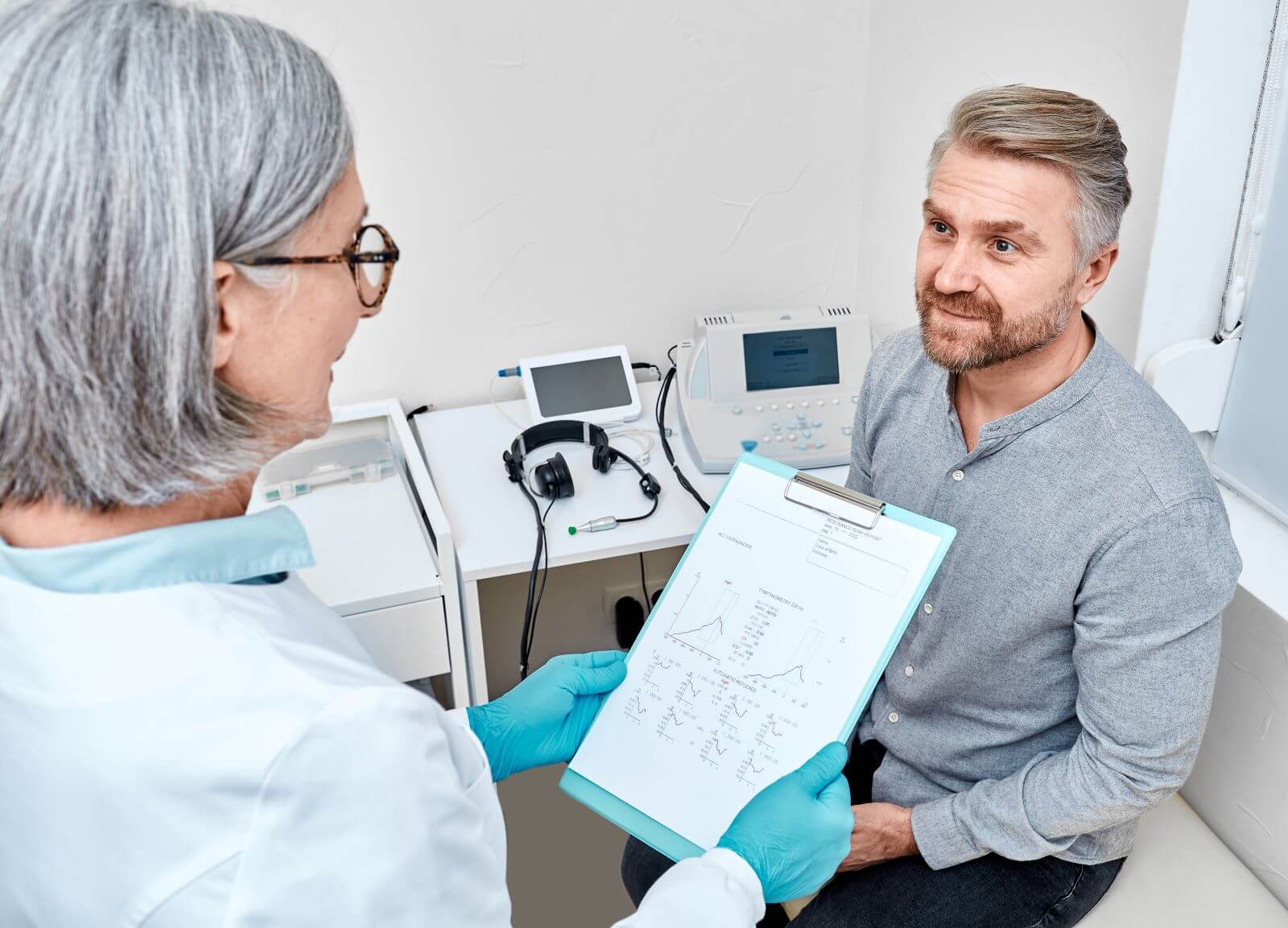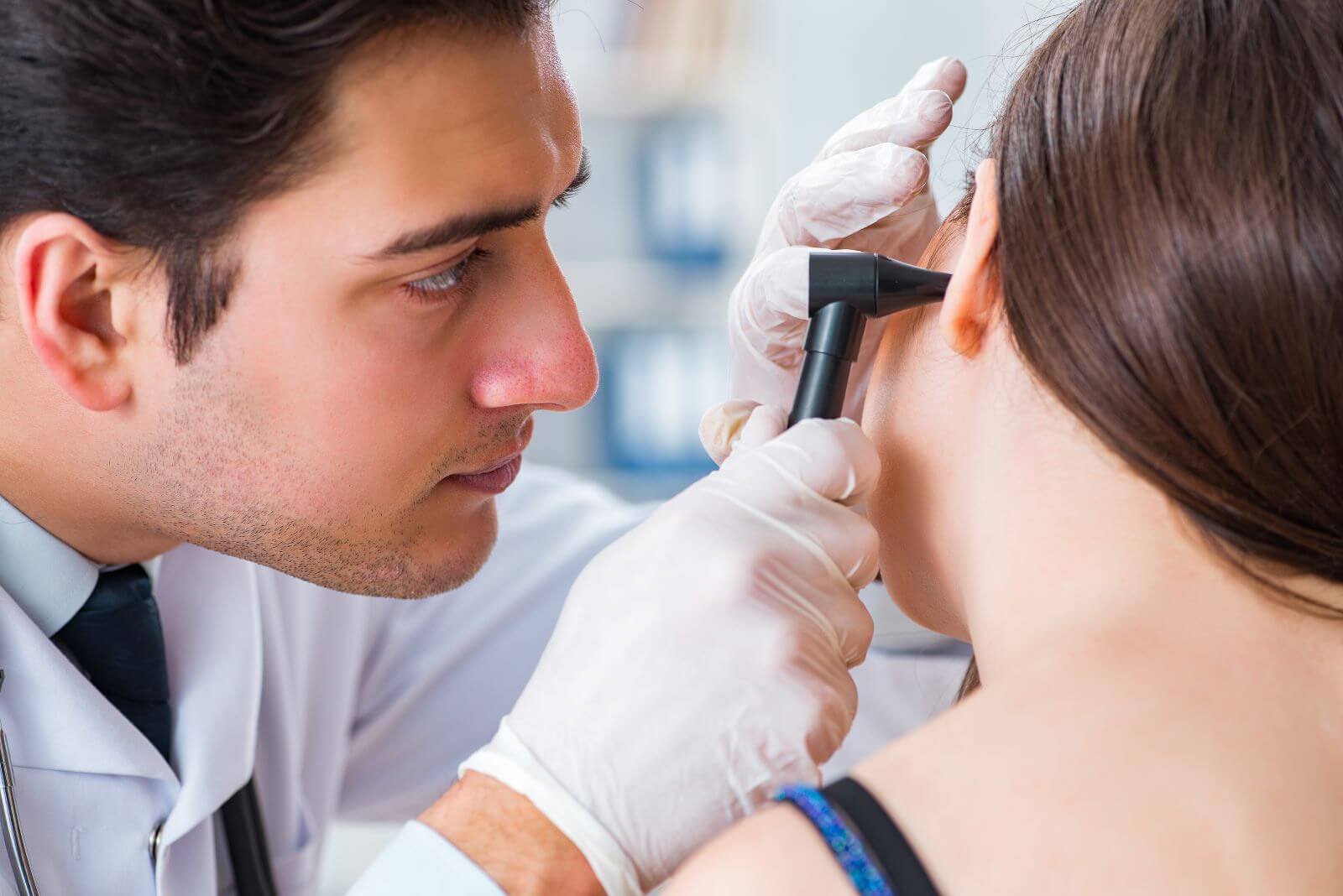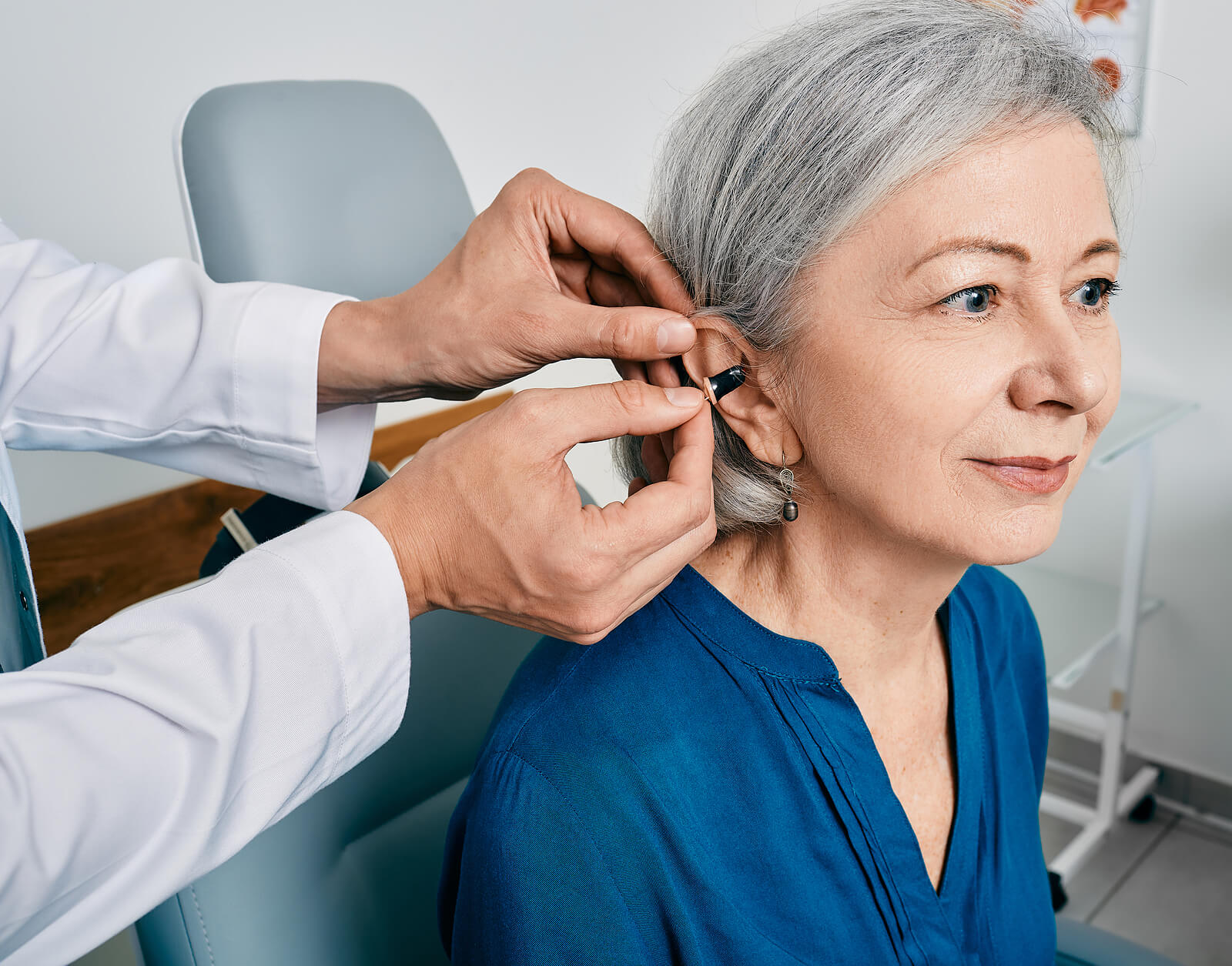What to Expect at a Hearing Test
It can be intimidating to walk into a hearing test, particularly if your hearing health has been challenged recently. Testing anxiety happens to the best of us! But, all you have to do is schedule the appointment and keep it. Our team is ready to handle the intricacies of the testing process and help you fully understand your results.
We will greet you when you first arrive and offer you coffee while you fill out your paperwork. We keep our office friendly and comfortable so you can relax and be at ease during your visit.
Bring a loved one for support

Medical Health History Review
A medical health history review is an essential component of an accurate hearing test. During this preliminary stage, we will assess your overall health and inquire about lifestyle factors, family history of hearing impairment, or any other medical conditions and medications that might be contributing to your hearing or balance issues.
We may also remove or suggest specific tests if we feel it's necessary. Therefore, it's critical to provide accurate information because it helps us make well-informed decisions regarding any possible treatments or therapies you may receive at the end of the hearing test. Being as honest and open as you can with your audiologist during a hearing test will help ensure you get the most accurate diagnosis and treatment possible.

Otoscopy

Hearing Exams to Expect
If you are unsure or simply curious about the state of your hearing health, hearing tests can provide peace of mind and relief. At a hearing test, you will be evaluated by a professional hearing specialist and asked to perform various listening tasks. The tests are designed to measure your hearing ability and identify any potential hearing loss.
Typically, comprehensive hearing tests consist of five different examinations. However, as each individual's hearing needs are different, you may or may not be subject to each one. Throughout the various tests, you may be asked to respond to tones and words of different volumes and frequencies. The tests are usually comfortable and non-invasive, and a qualified hearing professional will explain the process in detail.
After the test, you will be given the outcomes and a briefing on any hearing loss or other auditory issues, as well as potential treatments. If you have never completed a hearing evaluation before, it is beneficial to understand the test and its different stages beforehand. This will allow you to be more knowledgeable and confident throughout, which facilitates a smoother process and can ultimately lead to more accurate results.
